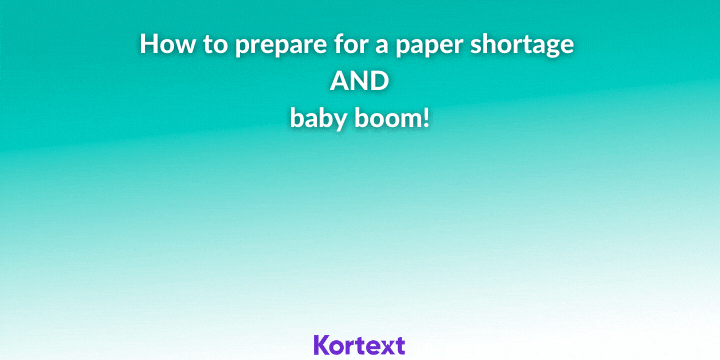Around the world, the pandemic threw a lot of things off kilter.
Many workers were relegated to their dining tables, the entire education system shifted online and the latest James Bond film was delayed by over a year.
However, those were just some of the immediate reactions to the pandemic.
Over 18 months after the pandemonium began, the effects are still sending shockwaves throughout the world.
One of the latest, and most unexpected industries being affected is the publishing industry, meaning new books and textbooks are in short supply, with many pre-sales selling out and no indication of when the physical copies will be in stock.
Short supply
Chris Tang, a professor at UCLA who studies global supply chain management believes ‘everything is interconnected’, which is arguably true.
It’s said the shortage is due to a myriad of factors, such as shipping bottlenecks, staff shortages and a rise in demand causing plenty of paper-based problems.
As with any shortage comes a rise in cost due to supply and demand. To give a recent and relevant example most recently seen in the UK was the fuel crisis. Petrol prices rose and are yet to fall.
The same is happening in the paper industry. As of August 2021, paper was 50% more expensive than it was at the same time the year before.
Not only are books more expensive, but there may not be enough to go round.
With shortage of materials and staff causing ongoing paper problems, there’s no telling when the shortage will end – we hope by the next academic year.
According to former Universities Minister, David Willets, the babies, now teenagers, from the early 2000’s baby boom are about to infiltrate the higher education system, quite possibly taking universities to capacity and beyond.
Based on the boom, it’s believed that mini-boomers (boomer children) will increase applications to universities and colleges by 15%.
On this, Willets said: “If… we want 50% of school leavers to go into higher education and we don’t want more than that, you’d still have to be planning for a significant increase in the absolute numbers, which in the peak years will be an increase in the annual intake of 50,000.”
Accommodating the intake
Accommodating for the unknown is difficult, especially when everything is as uncertain as it presently is.
It seldom brings you comfort, but the Back to Uni period will be rolling around as quickly as it has just passed.
Without the appropriate resources, such as textbooks, the next intake of students will not be able to fulfil their true potential and get the most out of their studies. Core and supplementary reading form a large part of any syllabus as any former student would know.
What can you do to ensure you have the right resources?
Look at all potential options and try to get as many ducks in a row as possible.
One of the obvious answers is digital content. Digital content and education resources such as eTextbooks saw an absolute surge during the pandemic, and that demand is yet to die down.
The benefits of eTextbooks are incredible for both students and educators.
With Kortext, students have all the content they need at their fingertips, anytime, anywhere. Research shows that interactive learning is key to knowledge retention, and our digital textbook platform includes some fantastic study tools where students can bookmark content, highlight excerpts, and take and share notes, both on and offline.
You can check the progress of your students with analytics, based on anything from whether or not students have created their accounts, to study behaviours and text usage.
This data can then be used to help universities make more informed decisions on content acquisition and provide more tailored support for their students.
Kortext users even have a direct link to Student Minds’ Student Space within their platform, which is an excellent mental health resource for students seeking support at a time when they may need it most.

